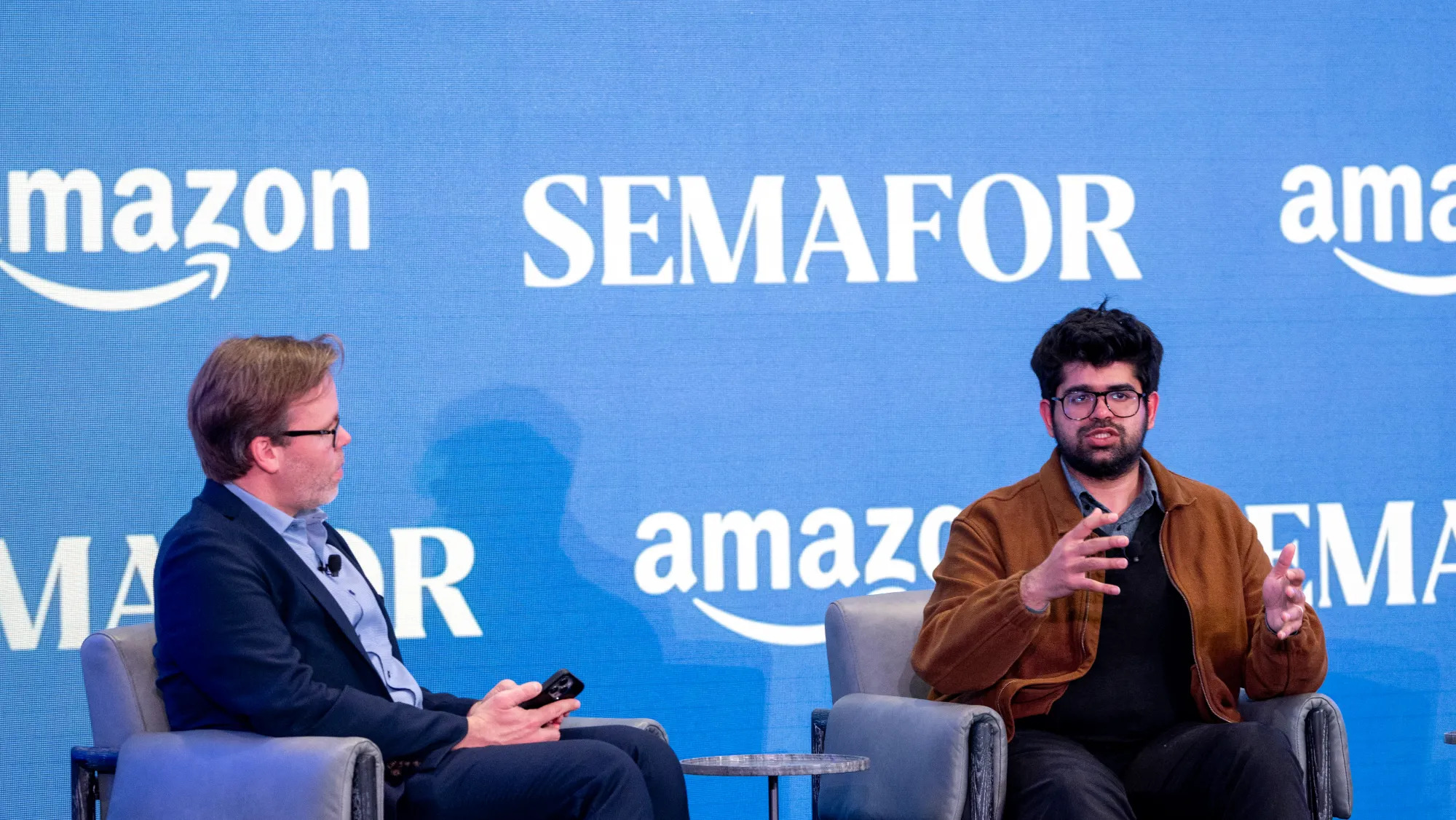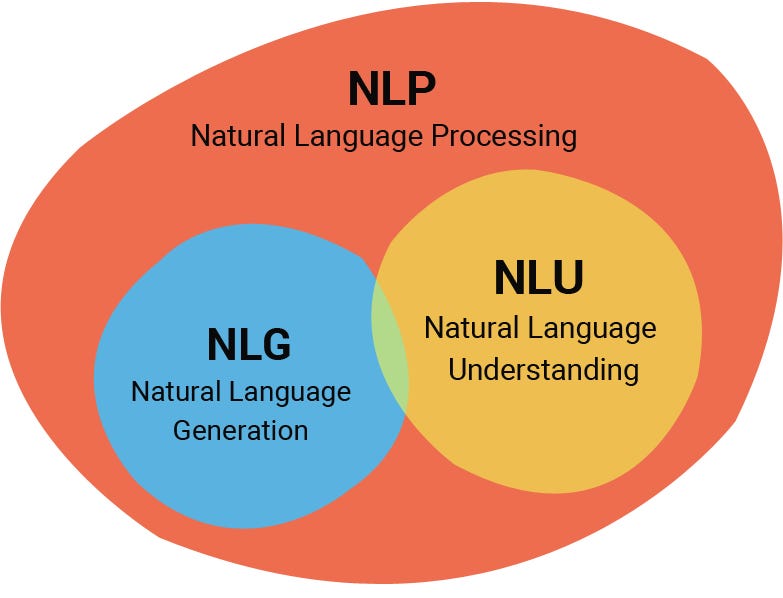Aravind Srinivas, CEO of AI search platform Perplexity, recently made headlines with his offer to support the New York Times during a tech worker strike. The strike, initiated by the NYT Tech Guild, arose from stalled contract negotiations as staff demanded a 2.5% wage increase and protections for in-office work flexibility, along with other terms. Members of the Tech Guild, who contribute to critical backend functions like data analysis and software support, announced their strike deadline and subsequently walked out, demonstrating in front of the NYT headquarters. The Guild’s leadership cited the lack of a fair contract and unresolved labor practices as factors forcing them to escalate through public protest.

The timing of the strike drew criticism from NYT’s publisher, AG Sulzberger, who condemned it for potentially disrupting NYT’s election coverage. Sulzberger argued that the tech workers’ strike risked blocking essential news coverage at a pivotal time for American voters. Amid these tensions, Srinivas responded on X (formerly Twitter) to an industry editor’s post, offering Perplexity’s services to the NYT to help manage high online traffic during the election period, proposing that they could provide technical “infra support.”
The offer generated a strong backlash on social media, with users accusing Srinivas of “scab” behavior, a derogatory term for those willing to step in for striking workers, as it undermines the labor movement’s collective bargaining efforts. Critics argued that such actions weaken the position of striking employees, reinforcing power imbalances that the strike aims to address. Defending his offer, Srinivas clarified that his intent was not to replace NYT’s employees but to ensure readers could access essential information on Election Day, given Perplexity’s recent expansion into election-related informational services.
This incident comes amid ongoing tensions between NYT and Perplexity, especially after NYT sent a cease-and-desist letter to the company in October, accusing it of scraping articles for use in AI models. Though Srinivas’s offer sparked considerable debate, it also highlighted the complex role that AI companies may play in labor disputes as they increasingly position themselves as potential stand-ins for human-led roles, particularly during periods of high demand.
In response to feedback, TechCrunch altered its coverage to reflect that Srinivas claimed the offer was not specifically intended as an AI replacement for human workers. Nevertheless, the move was widely perceived as an overreach by Perplexity into an ongoing labor negotiation, igniting conversations about the ethics of AI support in labor disputes and raising questions about how tech companies should navigate such situations in the future.












Comments are closed.